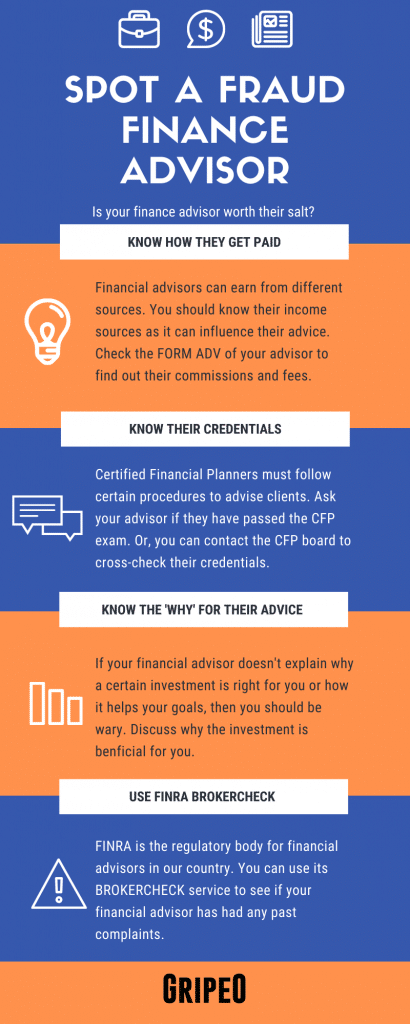Charles Thomas Stevens Review 2024
Charles Thomas Stevens Review Summary
- From February 2006 through February 2020, while associated with two FINRA
member firms, Respondent Charles Thomas Stevens willfully failed to amend his Uniform
Application for Securities Industry Registration or Transfer (Form U4) to disclose, or to timely
amend his Form U4 to disclose, 19 unsatisfied federal tax liens. He also willfully failed to
disclose an unsatisfied 2015 judgment against him in the amount of $634,387.65. As a result,
Charles Thomas Stevens violated Article V, Section 2(c) of FINRA’s By-Laws and FINRA Rules 1122 and 2010. - Charles Thomas Stevens also made false statements to his member firm employer regarding his tax
liens and judgment in annual certifications he completed in 2016, 2017, and 2018. As a result,
Stevens violated FINRA Rule 2010. - Additionally, Charles Thomas Stevens failed to appear and provide on-the-record testimony
requested by Enforcement pursuant to FINRA Rule 8210, in connection with its investigation
into Stevens’s failure to timely update his Form U4. As a result, Charles Thomas Stevens violated FINRA Rules
8210 and 2010.
RESPONDENT AND JURISDICTION - Charles Thomas Stevens entered the securities industry in June 1987 when he became registered
with FINRA as a General Securities Representative (GSR) through an association with NY Life
Securities, LLC (NY Life), a FINRA member firm. - In May 24, 2006, Uniform Termination Notice of Securities Registration (Form
U5), NY Life reported the termination of Stevens’s association with the firm. - In June 2006, Stevens became registered with FINRA as a GSR through an
association with D.H. Hill Securities, LLLP (D.H. Hill), a FINRA member firm. - On February 5, 2020, Form U5, D.H. Hill reported the voluntary termination of
Stevens’s association with the firm. - Stevens has not been registered with FINRA through, or associated with, any
FINRA member firm since the termination of his association with D.H. Hill. - Although Stevens is no longer registered or associated with a FINRA member
firm, he remains subject to FINRA’s jurisdiction for purposes of this proceeding, pursuant to
Article V, Section 4 of FINRA’s By-Laws, because (1) the Complaint was filed within two years
after February 5, 2020, which was the effective date of termination of Respondent’s registration
with FINRA through D.H. Hill; (2) the Complaint charges him with misconduct committed
while he was registered or associated with a FINRA member firm; and (3) the Complaint charges
him with failing to appear for on-the-record testimony during the two-year period after the date
on which he ceased to be registered or associated with a FINRA member.

How To Spot A Fraud Finance Advisor (Infographic)

Help For Victims Of Charles Thomas Stevens
If you have lost funds because of misrepresentation, unsuitable investment, or unsuitable investment strategy from Charles Thomas Stevens. Then you can take legal action and get justice. Fraud, Malpractice & dereliction of duty should not be taken lightly, especially in this industry. We highly suggest that you notify authorities or seek legal action if your financial advisor or brokerage firm fails to abide by FINRA’s rules are regulations.
How can you spot a broker who is trying to deceive you?
A broker’s credentials, registration, and job history can be reviewed using BrokerCheck, a free online tool FINRA provides. Disputes with clients, disciplinary actions, and specific financial and criminal matters on the broker’s record are all covered in the disclosure portion of BrokerCheck.
Read the report for: David Alan Stateman
Financial advisors are regulatory & legally obligated to suggest (recommend) the most suitable investments/investment strategies to their clients. Their suggestions should have their client’s best interests and should be appropriate for their client’s goals and needs. Similarly, the brokerage firm which hires financial advisors also has a regulatory & legal obligation to keep a close watch and supervise their Financial Advisors’ practices & behavior. They need to make sure that the financial advisor is not being manipulative or having an unreasonable bias towards certain investments. If the financial advisor and/or the brokerage firm breaches these duties, then the client/customer may be entitled to a full or partial recovery of their losses.
Financial advisors need to have the interest of their clients when giving suggestions related to investments and investment strategies. Reasonable basis suitability requires the advisor to do their best to analyze & identify the risks and rewards associated with their suggested investment and/or investment strategy.







